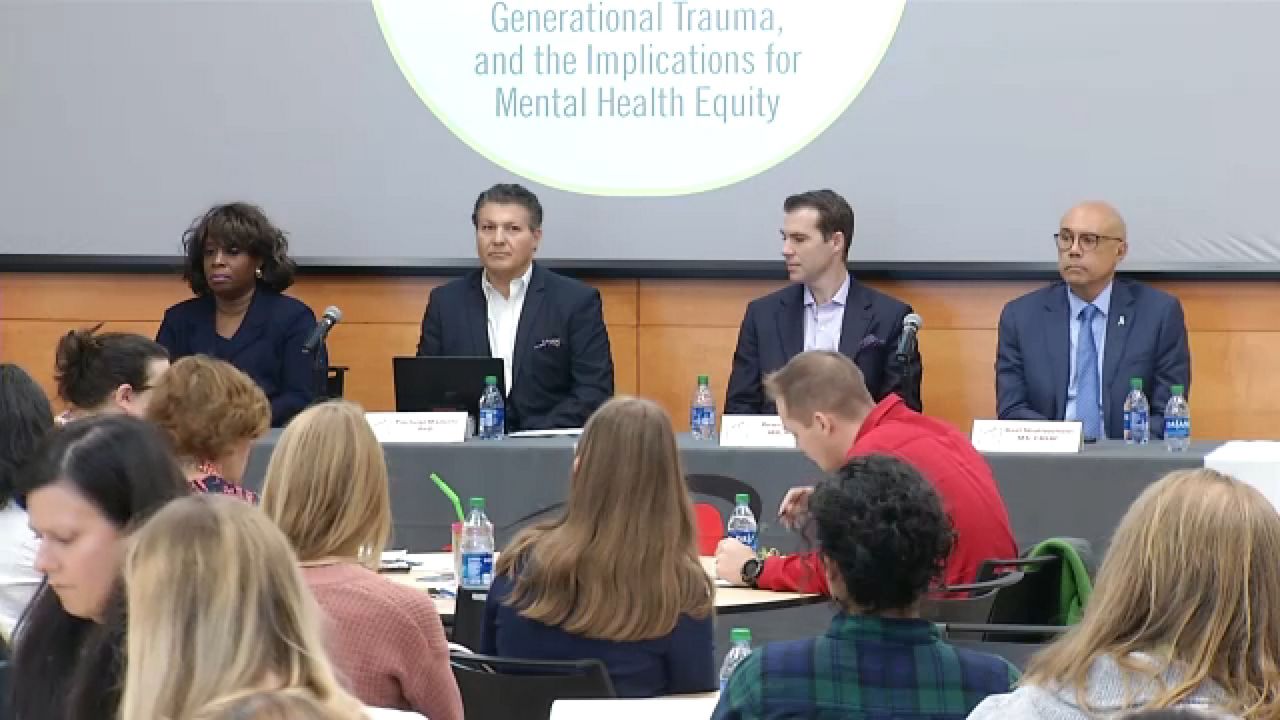BUFFALO, N.Y. — Buffalo leaders and national experts came together to talk about how mental health is affected in communities that have experienced racial violence.
Buffalo Mayor Byron Brown attended a panel discussion Wednesday at SUNY Buffalo State College where panel members talked about the best ways to address the long-term trauma communities feel after racially-motivated attacks.
Panelists included Norma L. Day-Vines, professor and associate dean of Diversity and Faculty Development at John Hopkins University, Pierluigi Mancini, president of the Multicultural Development Institute, Peter Martin, University of Buffalo’s clinical assistant professor of Psychiatry, and Karl Shallowhorn, board member of the New York State Mental Health Association.
"I was honored to take part in today’s National Mental Health Roundtable to address mental health challenges, including the harmful impact of racism on mental health," Mayor Brown said. "Our community has had much to grapple with this past year, events that can impact our mental health. Discussions like these will help us explore the necessary efforts we must take to combat these critical issues."
The panel looked at events like the May 14th mass shooting in East Buffalo, and potential ways to address what they say is a mental health equity gap in minority neighborhoods.
"It is an unfortunate reality that while these acts of racist violence, perpetrated against communities of color, capture the national attention for days or weeks, more violence always follows someplace else, pulling our attention to the next community and then the next community after that. But, as we know in Buffalo, the suffering does not end when the cable TV cameras move on to the next story,” said UUP President Frederick E. Kowal, who moderated the panel discussion. "It’s not good enough to say we stand with this community. We need action, and our hope is that today’s discussion can be a catalyst toward real solutions that will aid communities that need it."
One possible solution is for SUNY campuses to expand clinic services to communities experiencing trauma.








